Hard choices as Afghanistan seeks to exploit mineral riches
Afghanistan facing dilemma between exploiting resources that can make it rich, preserving its archaeological heritage.
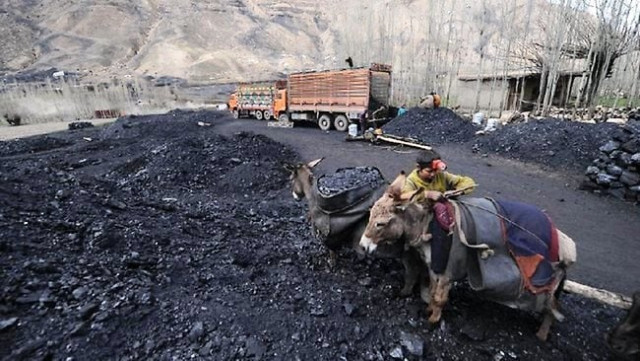
As the country seeks to build a prosperous and peaceful future after more than 30 years of war, it is facing a dilemma between exploiting the resources that can make it rich and preserving its archaeological heritage.
At Mes Aynak, an ancient Buddhist site around 50 kilometres (30 miles) from Kabul, the Afghan government has chosen: in 2007 the China Metallurgical Group Corporation (MCC) successfully bid for the rights to lease the area for 30 years and exploit an 11.5 million tonne copper ore deposit.
The fourth-century site, home to ancient villages, temples and Buddhist statues, faces destruction as the mine project progresses.
Amid pressure from international donors, authorities required MCC to first pay for an archaeological excavation on the site, where a religious community set up more than 17 centuries ago to exploit the copper.
MCC will spend nearly $30 million by the middle of 2013 for the excavation, according to Philippe Marquis, the director of the French archaeological delegation in Afghanistan (DAFA), which is supervising the dig.
Around 50 archaeologists and 550 workers are involved in the race to excavate the four-square-kilometre site and the results have been striking.
Everywhere houses, temples and barracks are appearing, their walls still in surprisingly good condition, nestled in the beautiful mountain setting.
“It’s even more important than Pompeii. It’s bigger,” said Roberta Marziani, an Italian archaeologist working on the site.
Marquis says more than a thousand Buddhist statues have been found, a total which he says is not unusual given Afghanistan’s archaeological wealth.
“The problem is not finding statues, it’s preserving them. Afghanistan doesn’t have the structures to do that,” he said.
By the end of next year the dig will be over, the fourth-century town modelled on computer and its physical remains progressively destroyed.
“Every time I think about this site disappearing, I get angry,” said Jawed Mohsenzada, the head archaeologist at the site.
But the Mes Aynak mine will earn $320 to $350 million a year for the Afghan government, according to the ministry of mines, employ thousands of workers and indirectly benefit tens of thousands.
“We are doing our best to protect the past and exploit the copper mines to give Afghanistan an economic future. We have to develop the country, we have no other choice,” said Mossadeq Khalili, the deputy culture minister.
Afghanistan is counting on its mineral wealth -- valued at more than $1 trillion by US experts -- for its economic and political development, but attracting investment means ensuring security.
Two years out from the departure of NATO combat troops this is still a distant prospect, and at Mes Aynak dozens of deminers go out each day to clear the muddy road leading to the site.
Despite a deployment of 2,000 police officers on the site, which is surrounded by mesh fencing, Taliban rockets rained down on the Chinese camp this summer, forcing MCC’s expatriate workers to leave.
Of 300 Chinese workers, only around 30 remain, according to one of the archaeologists.
There are fears the violence may prompt MCC to exit, though the idea is rejected by Jawad Omar, the spokesman for the ministry of mines, who says 70 percent of the Chinese workers came back to Afghanistan. The company could not be reached for comment by AFP.
On the ground, the mining work is not moving forward. Four drilling machines have remained motionless for a month and work to build a railway and power plant, promised by MCC and essential for the mine, is at a standstill.
“We are taking part in a poker game as we carve up the world’s natural resources. Here this means taking an option on a mine, which you can exploit or keep for later,” once the security situation improves, said a western diplomat, speaking on condition of anonymity.
In this sense “the Chinese are in the process of negotiating with everyone to make sure everything works out” in the long run, the diplomat said, hinting that the Chinese had consulted the Taliban, who would clearly have an interest in Afghanistan’s mineral wealth if they returned to power.


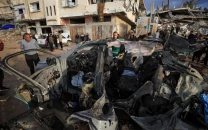
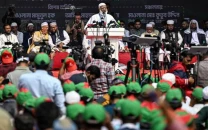

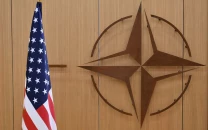
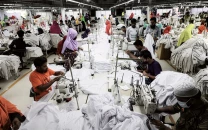












COMMENTS
Comments are moderated and generally will be posted if they are on-topic and not abusive.
For more information, please see our Comments FAQ